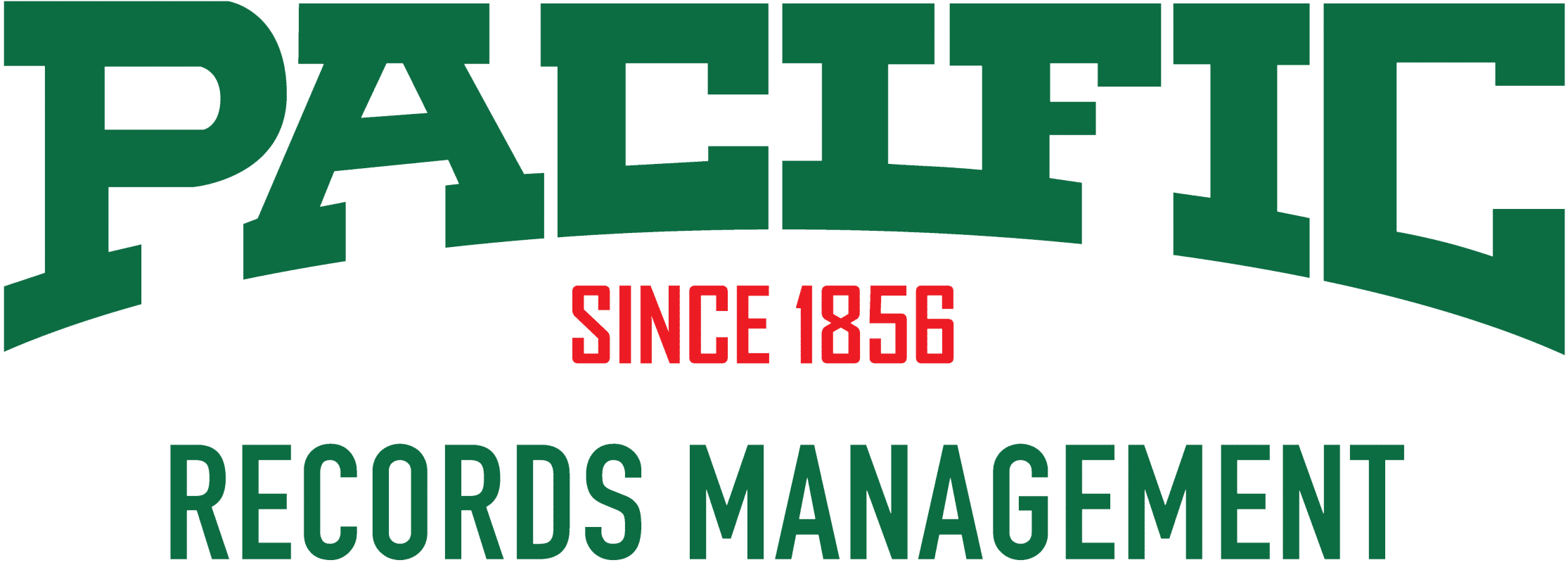5 Records Management Best Practices
All businesses have a responsibility to handle your information in a secure, organized and legally compliant manner. There are several steps you can take to make sure your records management program is effective. In this blog, we recommend five records management best practices.
1. Document Retention
Knowing which of your records to keep, and for how long, is essential to ensuring legal and regulatory compliance. So to manage records properly, your business should have a comprehensive document retention policy. If you’re in the beginning phase of drafting a policy, then consult with a records management professional who can offer guidance on industry-specific and general regulatory requirements.
2. Indexing and Categorization
It’s important to know exactly where your information is at all times. First, you should accurately index and categorize every document you maintain. So at any point in the information lifecycle, you should be able to locate each and every file. You should also be able to distinguish between active files and archival documents.
3. Secure Storage
Protecting documents from disaster and unauthorized access is a pillar of records management. Firstly, a commercial records center that meets National Fire Protection Agency (NFPA) and State of California Department of Public Health (CDPH) standards is an ideal facility for safeguarding your records from physical damage. Secondly, specialized climate and fire protection systems within the records center should be utilized to protect your vital business documents for decades. Finally, advanced access controls, intrusion prevention systems, and barcode tracking technology limits access to authorized staff within your organization.
4. Final Disposition Reviews
Just as you should review how long to keep documents, you should also know when to destroy them. Final disposition dates represent the expiration date of legal statutory periods. Partner with a NAID AAA Certified shredding company to make sure expired records are destroyed securely and within a strict chain of custody. They will provide locked collection containers that allow for confidential disposal and collection of sensitive documents. When the containers are full, a background-screened shredding technician collects the contents and either destroys your documents on site or transports them to a plant-based shredding facility for destruction.
5. Employee Training
Every person in your organization should be up to speed with your company’s records management policies and procedures. Distribute written copies of your records retention policy so employees don’t have to guess whether a file or important data should be stored or destroyed. Schedule ongoing training sessions to keep staff up to date on evolving compliance and privacy protection regulations and trends. So the more you educate your employees on records management best practices, the more your organization can handle information in a secure and organized manner.
For more records management tips, please call us at 800-685-9034 or complete the form on this page.
Pacific Records Management provides records and information management services for businesses throughout Fresno, Stockton, Sacramento, Modesto, and Napa and Solano Counties.
